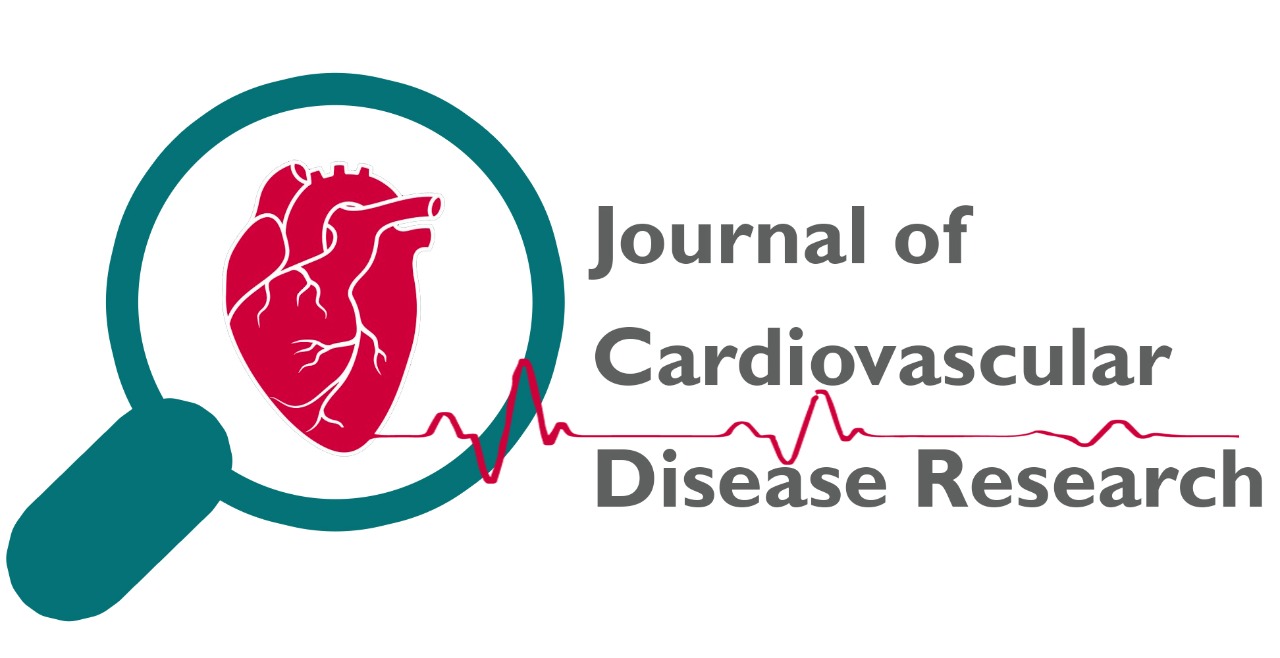
CORRELATION OF SERUM MAGNESIUM LEVEL WITH HbA1C IN TYPE 2 DIABETES MELLITUS: RURAL TERTIARY CARE STUDY
Priyesh Sharma , Dhiraj Kapoor , Manju , Gopal Singh
JCDR. 2023: 1421-1426
Abstract
The term, ‘diabetes mellitus’ describes a metabolic disorder of multiple aetiology, which is characterised by chronic hyperglycaemia, with disturbances of carbohydrate, fat and protein metabolism, which result from defects in insulin secretion, insulin action, or both. The effects of diabetes mellitus include long term damage, dysfunction and failure of various organs. A relationship was observed between diabetes mellitus and trace elements in many research studies. In many cases, an alteration in the metabolism of these minerals was demonstrated.1–3 Hypomagnesemia has been associated with insulin resistance and related microvascular consequences due to its ability to trigger hyperglycemia. The latest therapeutic approaches may not be feasible to all. As a result, priority is given to preventive and primary care research. Aim and objective: To study magnesium levels in patients with type 2 diabetes mellitus and its association with glycated haemoglobin (HbA1c) levels in patients with Type 2 Diabetes mellitus. This will help us to evaluate how glycaemic control in Diabetes can influence serum Magnesium levels. Materials and Methods: It was a hospital-based cross-sectional study conducted in the Department of Medicine and Biochemistry at Dr. Rajendra Prasad Government Medical College and Hospital, Kangra (at Tanda). Ninety patients of either sex with type 2 diabetes mellitus fulfilling the inclusion and exclusion criteria were included. Study Period was one year (2020-2021) after approval from Institutional Ethics Committee (IEC). Recruitment of patients was done in Department of Medicine in diabetes mellitus OPD. For defining a case of T2DM, American Diabetes Association diagnostic criteria were used. Magnesium was measured by the xylidyl blue method. The other blood sample was transferred into an EDTA test tube which was used to estimate HbA1c level. Result: Participants were divided into groups based on their age. i.e., 41-50, 51-60, 61-70 and >71. In this study, the mean HbA1c level was 8.30±2.23%. HbA1c level was 6.5-8.5% in 42.2% patients, 32% of the patients’ HbA1c level was ≥8.5% and 21.1% of patients HbA1C level was ≤6.5. In this study, the mean magnesium level was 1.80±0.24 mg/dl. 64.5% of the patients’ magnesium level was ≥1.7 mg/dl while remaining 35.5% of the patients’ magnesium level was ≤1.7 mg/dl. According to Pearson’s correlation coefficient, inverse correlation was found between HbA1c levels and Serum magnesium levels. Conclusion: Magnesium insufficiency has been linked to a higher incidence of diabetic due to poor glycaemic management in people with diabetes. Dietary supplements may be recommended to avoid such problems and maintain glycaemic control. Large-scale clinical research required.
Description
.
Volume & Issue
Volume 14 Issue 5
Keywords
.
|
This is an open access journal which means that all content is freely available without charge to the user or his/her institution. Users are allowed to read, download, copy, distribute, print, search, or link to the full texts of the articles in this journal without asking prior permission from the publisher or the author. This is in accordance with the Budapest Open Access Initiative (BOAI) definition of open access.
The articles in Journal of Cardiovascular Disease Research are open access articles licensed under the terms of the Creative Commons Attribution Non-Commercial License (http://creativecommons.org/licenses/by-nc-sa/3.0/) which permits unrestricted, non-commercial use, distribution and reproduction in any medium, provided the work is properly cited. |
|
|
|
|
|
Copyright � 2022 Journal of Cardiovascular Disease Research All Rights Reserved. Subject to change without notice from or liability to Journal of Cardiovascular Disease Research.
For best results, please use Internet Explorer or Google Chrome POLICIES & JOURNAL LINKS
Author Login
Reviewer Login About Publisher Advertising Policy Author's Rights and Obligations Conflict of Interest Policy Copyright Information Digital Archiving & Preservation Policies Editorial Policies Peer Review Policy Editorial & Peer Review Process License Information Plagiarism Policy Privacy Policy Protection of Research Participants (Statement On Human And Animal Rights) Publication Ethics and Publication Malpractice Statement Corrections, Retractions & Expressions of Concern Self-Archiving Policies Statement of Informed Consent Terms of Use |
Contact InformationJournal of cardiovascular Disease Research,
|




